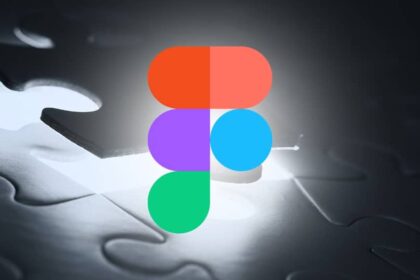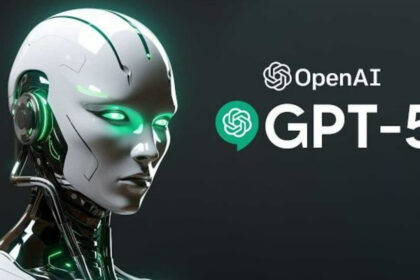If you have ever stared at a blank screen and thought, “I wish I could build an app without learning a single line of code,” Google’s been reading your mind, or maybe just your search history.
Meet Opal, the latest experiment from Google Labs that wants to make app-building feel more like chatting with a friend than debugging lines of code. Think of it as AI-powered Lego for your tech dreams. Type in what you want, and Opal snaps together a mini web app for you, no JavaScript, tears, or caffeine required.
Here is how it works: you give Opal a simple prompt like “Build a mood tracker for my late-night existential crises,” and voilà, the tool gets to work using Google’s AI models. Once your app is born, you can tweak it using a visual editor that maps out the app’s flow, kind of like following a recipe, but for techy magic.
Each step in the workflow is clickable, editable, and remixable. Want to add something new? Just drag in a fresh step from Opal’s toolbar. And once you’re happy with your creation, you can publish it to the web and share the link like a proud digital parent. Others can test it out using their Google accounts.
Related: Google Photos Adds New AI Feature That Let’s You Animate, Stylize, and Reimagine Your Gallery
Now, if this sounds familiar, that is because it is. Platforms like Figma, Canva, and Replit are all racing to build tools for the “I have ideas but hate code” crowd. But Opal isn’t just for designers or developers, it is for anyone who’s ever wished app creation could be as easy as making a Pinterest board.
Let’s not forget: Google is already been dabbling in prompt-based development with its AI Studio, but Opal’s more visual, simplified interface hints at a broader goal, bringing everyday users into the app-making party.
This move isn’t just about accessibility, it is about pcompetition. With startups like Loveable and Cursor playing hard-to-get with VCs and investors, and everyone from solo creators to corporate giants jumping on the vibe-coding trend, Google clearly wants in. And if they’re rolling out tools this friendly, they’re not just aiming for devs, they are aiming for everyone. In the future, if you can describe it, you can build it.







